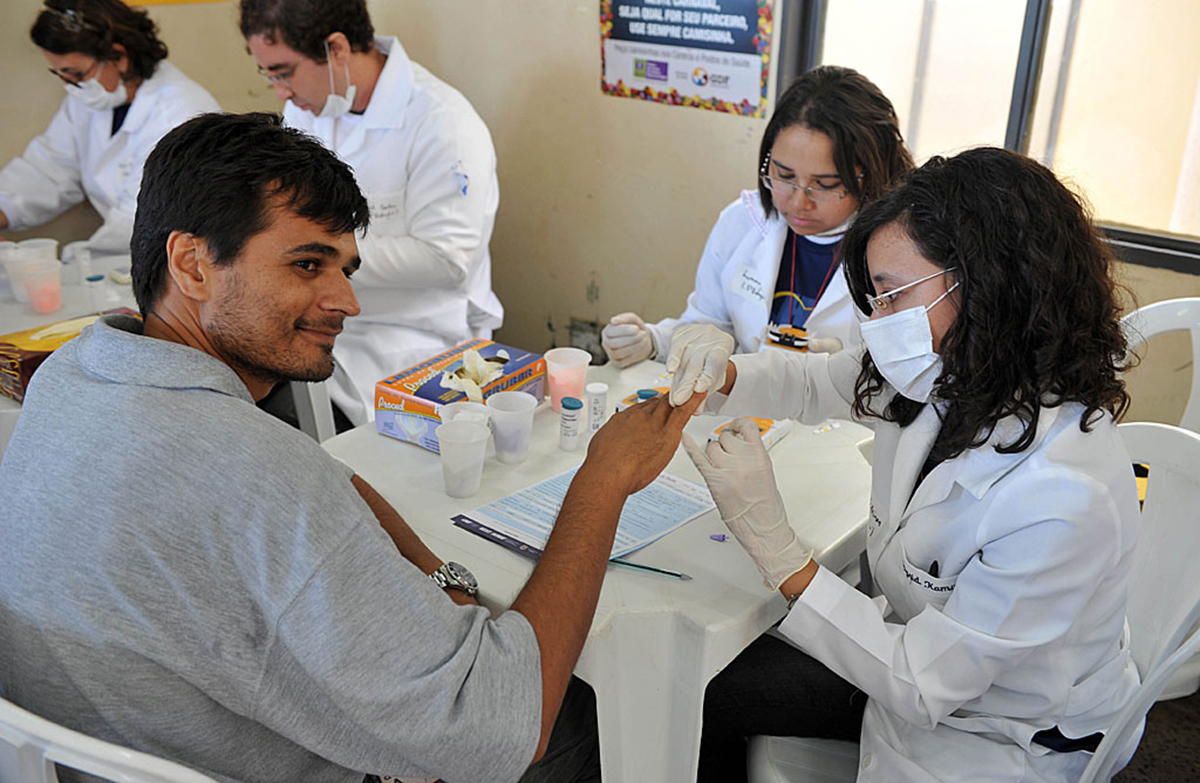Cholesterol-lowering statin drugs fight inflammation and lower the risk of heart disease, but sometimes they also seem to cause diabetes. Is the risk of diabetes worth the benefit of the statin?
All over the world, doctors prescribe cholesterol-lowering statin drugs to lower the risk of heart attack. Atorvastatin (Lipitor), fluvastatin (Lescol), lovastatin (Mevacor, also found in variable amounts in red yeast rice), pitavastatin (Livalo), pravastatin (Pravacol), rosuvastatin (Crestor), and simvastatin (Zocor) are prescribed tens of millions of times per year to patients who have any indicator of elevated risk of heart disease. Some doctors are so enthusiastic about statins they have even suggested that they should be added to the municipal water supply in the US and UK, like fluoride.

The widespread enthusiasm for statin drugs is dampened when serious students of the issue notice that:
- Diabetes is just as serious a risk factor for heart disease as high cholesterol, especially when you have been diabetic for 10 years or more, and
- Taking statin drugs increases the risk of diabetes.
To be fair, it is not true that every last research study conducted anywhere in the world finds that taking statin drugs increases the risk of diabetes.
Exactly one study found that taking statin drugs lowers the risk of diabetes. Every other study, however, finds that people who are given these ubiquitous medications for cholesterol and inflammation are at greater risk for developing problems with insulin resistance and blood sugar regulation.
Consider, for example, this evidence from the United States, where doctors are particularly enthusiastic about cholesterol-lowering medications. The highly respected Nurses Health Initiative Study found that women who started taking statins were twice as likely to develop diabetes. The researchers noted that:
"Statin use at baseline was associated with an increased risk of DM (hazard ratio [HR], 1.71; 95% CI, 1.61-1.83). This association remained after adjusting for other potential confounders (multivariate-adjusted HR, 1.48; 95% CI, 1.38-1.59) and was observed for all types of statin medications."
In plain language, nurses were 61 to 83 percent more likely to become diabetic if they took statin drugs, no matter which statin drug they took.
Doctors tended to interpret these results something like this: "Sure, diabetes is bad, but the main reason we are worried about diabetes (overlooking kidney disease, blindness, neuropathy, and amputations after infections) is that it increases the risk of heart diseasse. We're raising the risk of heart disease but we're lowering it at the same time, so let's give our patients more statins."
Here's the problem with this approach.
LDL cholesterol lodges in the linings of arteries. If you have less LDL cholesterol, then you should have fewer hardened, cholesterol-laden atherosclerotic plaques to clog your arteries.
However, LDL cholesterol does not actually lodge in the linings of arteries unless it becomes sticky. What makes LDL cholesterol sticky is glucose, blood sugar. Glucose levels go up, and LDL cholesterol becomes stickier and more atherogenic, in diabetes. Diabetes turns harmless LDL cholesterol into potentially deadly cholesterol. The drugs that doctors prescribe for high cholesterol make the remaining cholesterol more dangerous. This does not seem to be a very sensible approach to managing heart disease.
To be fair, the risk of heart disease in diabetes does not go up sharply until someone has been diabetic for at least eight to ten years. This detrimental effect may not be immediate, and there are even some diabetics who benefit from statin drugs.
Which Diabetics Actually Benefit From Statin Drugs?
It is also true that not every diabetic has blood sugar levels high enough to change ordinary LDL into dangerous, clog-promoting LDL. The glycation process that makes LDL stick to the linings of arteries kicks in when blood sugar levels reach about 155 mg/dl (8.6 mmol/L). This means that some diabetics won't have this problem at all. However, nearly every diabetic has blood glucose levels this high about an hour after eating meals. That is when the damage is done.

Most diabetics have to limit their consumption of carbohydrate to 12 grams or less (the equivalent of a slice of bread, with no other starches or sugars of any kind) at each meal to avoid having blood sugar levels exceeding the 155 mg/dl (8.6 mmol/L) level. Few diabetics are that disciplined. Moreover, many pre-diabetics also have blood sugar levels this high after meals and don't even know it. They are actually increasing their risk of heart disease when they take statins, and they and their doctors never know.
Who Are the People Who Benefit from Statins?
If statin drugs lower one risk factor for heart disease and raise another, can there be any real benefit in taking them? Statin medications, it turns out, do not just lower cholesterol. They also lower inflammation. Inflammation is also a risk factor for heart attack. When inflammation levels are high, it can make sense to take a statin medication, although not because it lowers cholesterol, because it lowers inflammation.
How do you know you have a problem with inflammation? Self-help gurus have long checklists for self-diagnosis of an inflammatory state, but the best way to find out whether inflammation is a problem for you is to have a blood test to measure C-reactive protein. This marker
is a protein. It is one a group of proteins known as "acute phase reactants" that indicate how much inflammation is occurring throughout the body.
A little inflammation, of course, is a good thing. Inflammation activates the immune system. Too much inflammation, however, causes, among other things, blood vessels to constrict. If a blood clot forms, it is more likely to get "caught" in a clogged artery and cause a heart attack or stroke. Lowering inflammation lowers the risk of heart attack or stroke, but not specifically because of changes in LDL cholesterol.
If you don't have elevated C-reactive protein, and you're already diabetic, then statins are of questionable benefit. A study called the Cholesterol Treatment Trialists' (CTT) meta-analysis found that diabetics who take statins are about 14 percent less likely to have heart attacks than those who don't, but they are up to 1 percent more likely to die anyway.
What's The Bottom Line On Statin Drugs And Diabetes?
In the United States, your doctor may drop you as a patient if you refuse to take (or you tell your doctor that you refuse to take) statin drugs. Many doctors are just that convinced that statins are practically like vitamins. What you need to do is to:
- Find out if you are one of the people who really needs statin drugs, whether you have elevated C-reactive protein. If your CRP is high, then take statins.
- Do blood sugar testing after meals whether you have diabetes or just pre-diabetes. If your blood sugars are getting too high, then you have to change the amount of carbohydrate you eat to avoid creating the dangerous sticky LDL cholesterol. It isn't enough just to test your blood sugar levels first thing in the morning. You need to measure them after meals, when they are most likely to be problematic.
- Remember that the risk of heart disease in diabetes is progressive. The longer you have had diabetes, the more likely you are to have heart trouble. Statin drugs aren't as harmful at first, but if you have been diabetic for 10 years or longer you need to be especially careful to keep your blood sugar levels under control, for the sake of your heart.
- Statin Use and Risk of Diabetes Mellitus in Postmenopausal Women in the Women's Health Initiative. Annie L. Culver et al. Arch Intern Med. 2012.172(2):144-152. doi:10.1001/archinternmed.2011.625.
- Risk of Incident Diabetes With Intensive-Dose Compared With Moderate-Dose Statin Therapy: A Meta-analysis David Preiss et al. JAMA. 2011. 305(24):2556-2564. doi: 10.1001/jama.2011.860.
- Photo courtesy of shaorang via Flickr: www.flickr.com/photos/shaorang/72946504
- Photo courtesy of Agência CNT de Notícias via Flickr: www.flickr.com/photos/agenciacnt/7261720454


Your thoughts on this